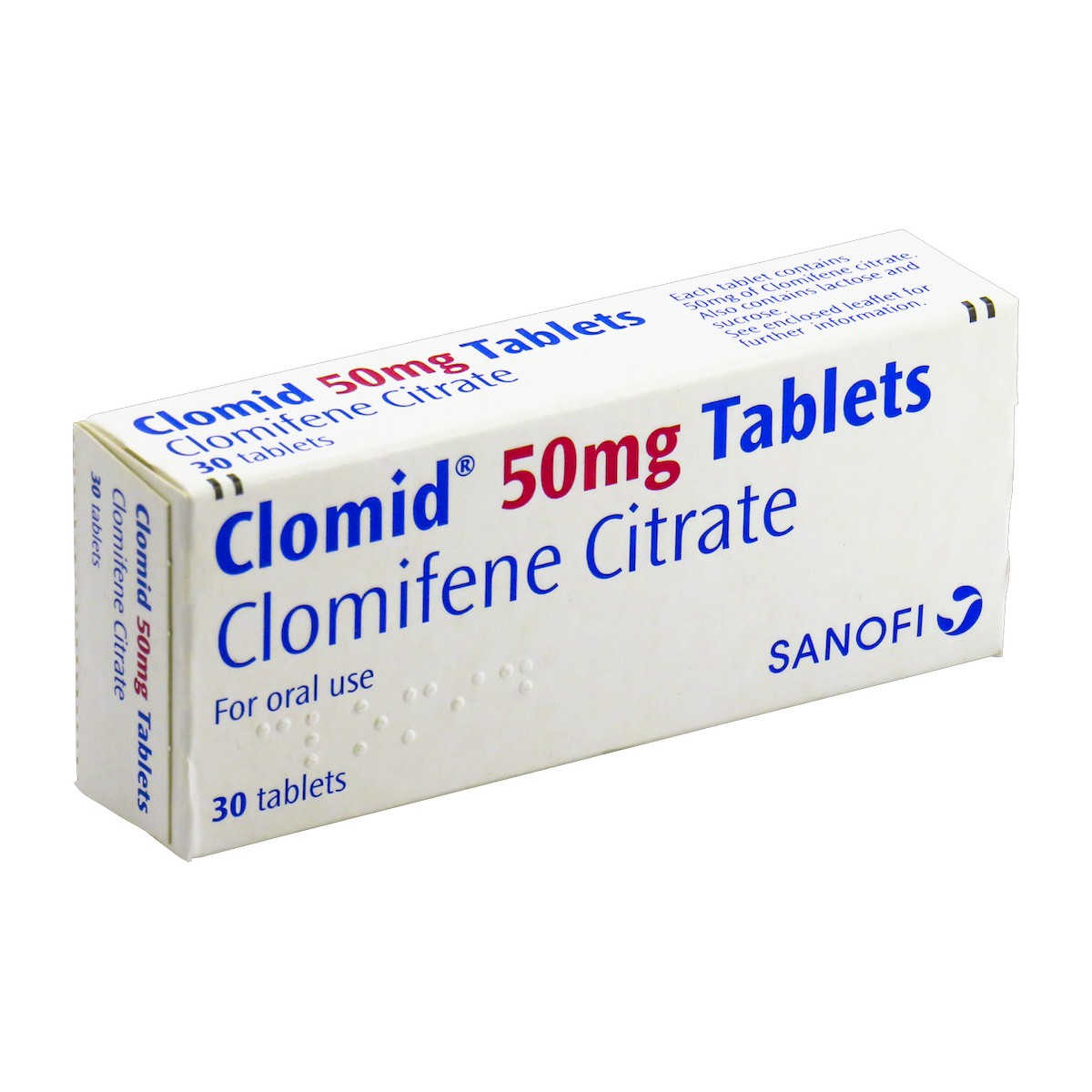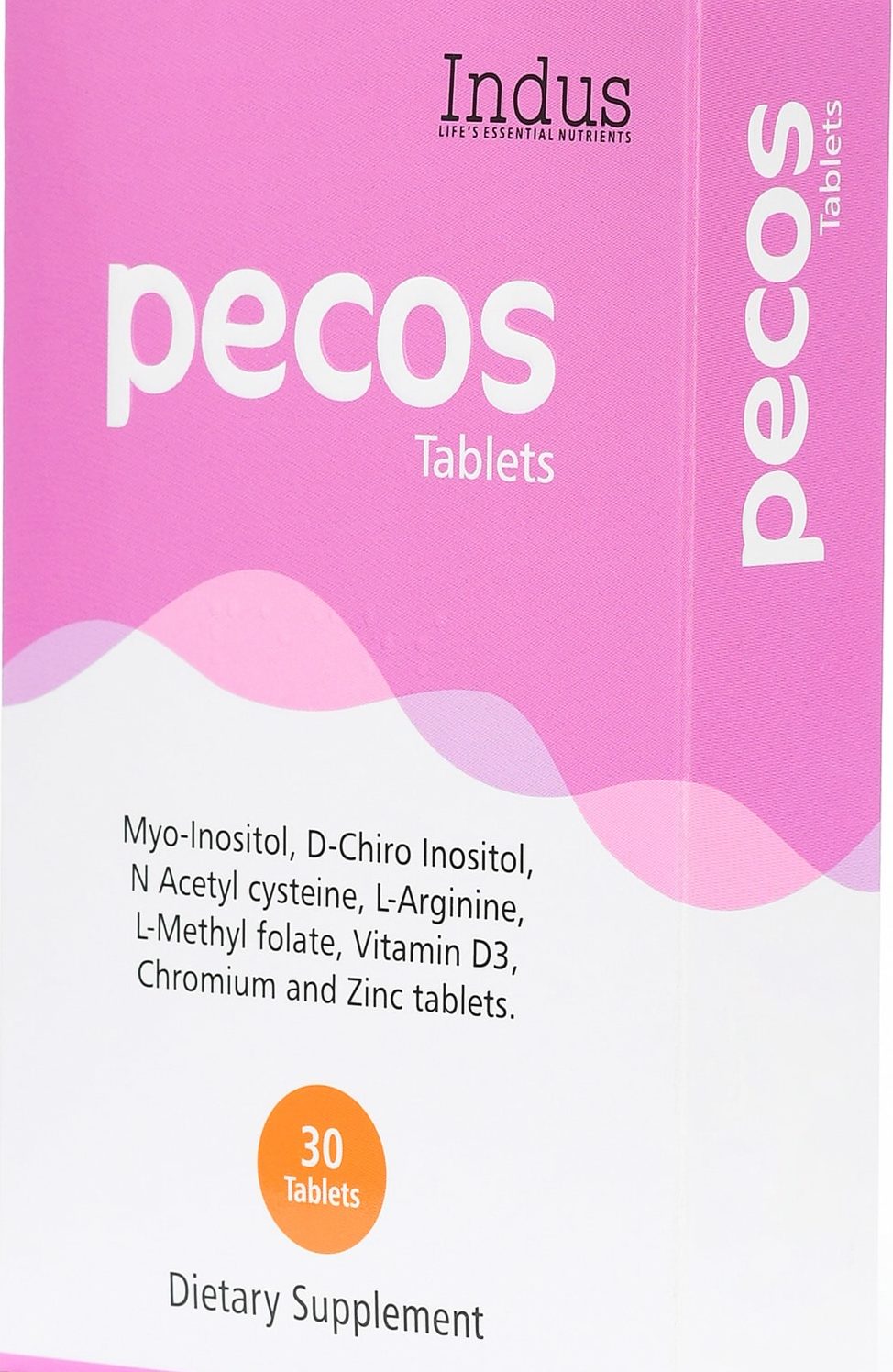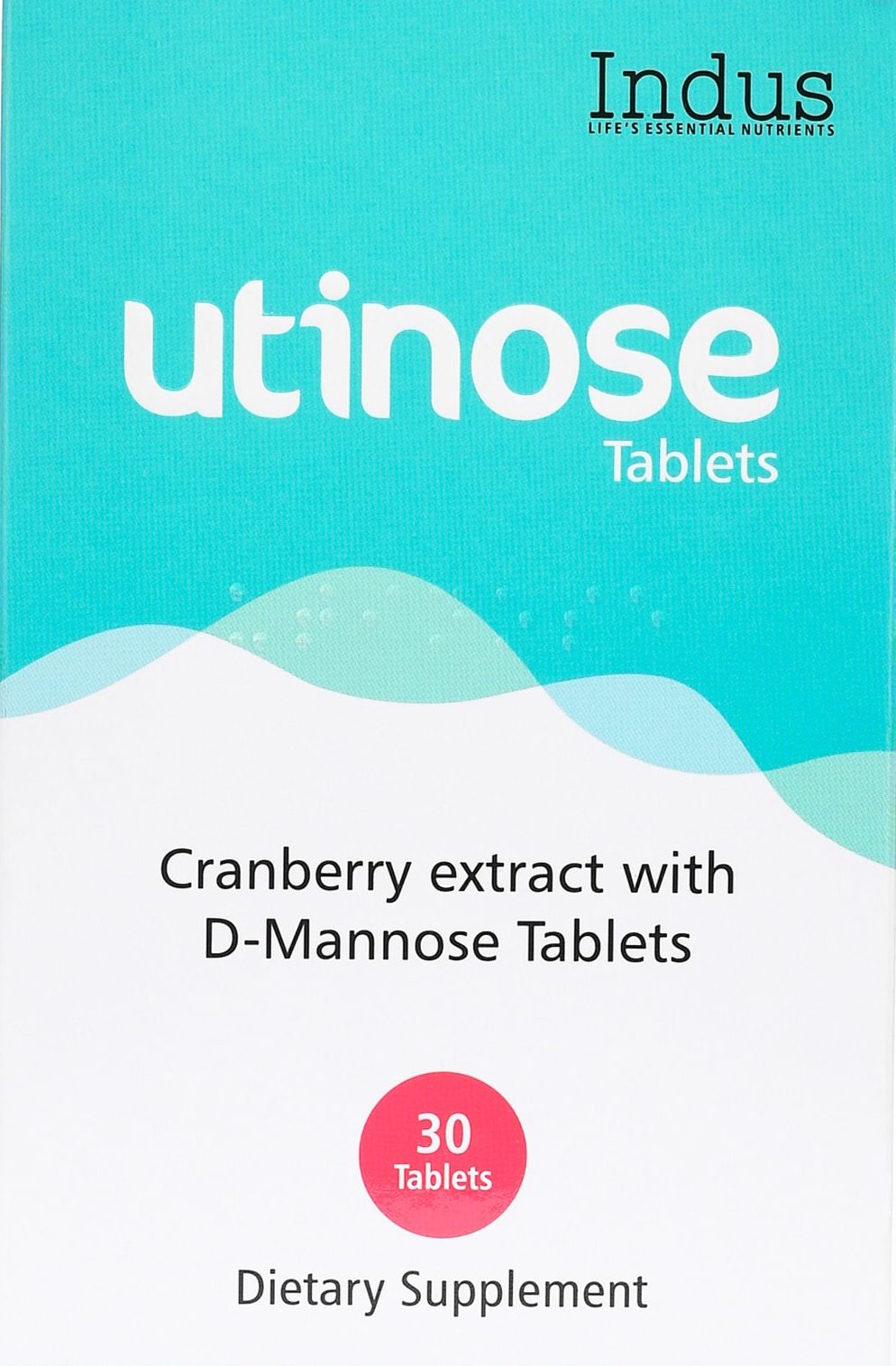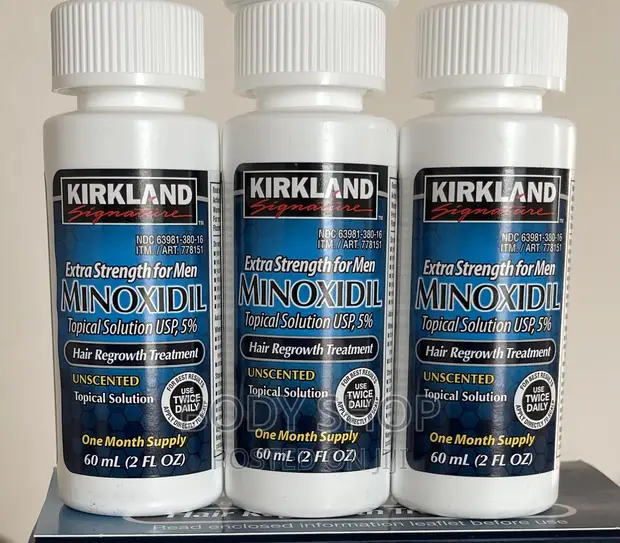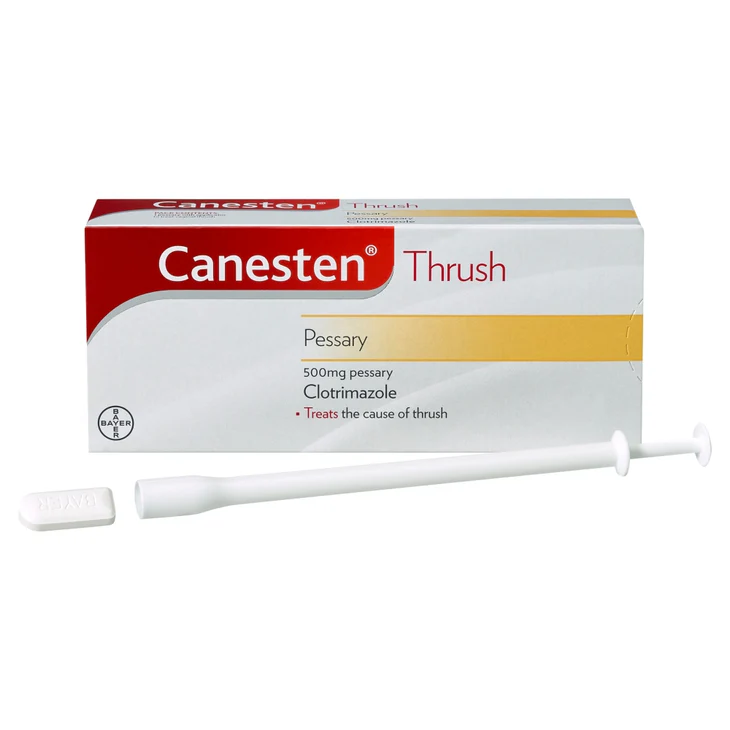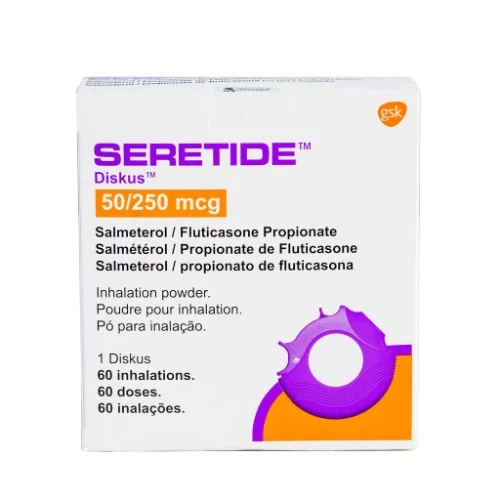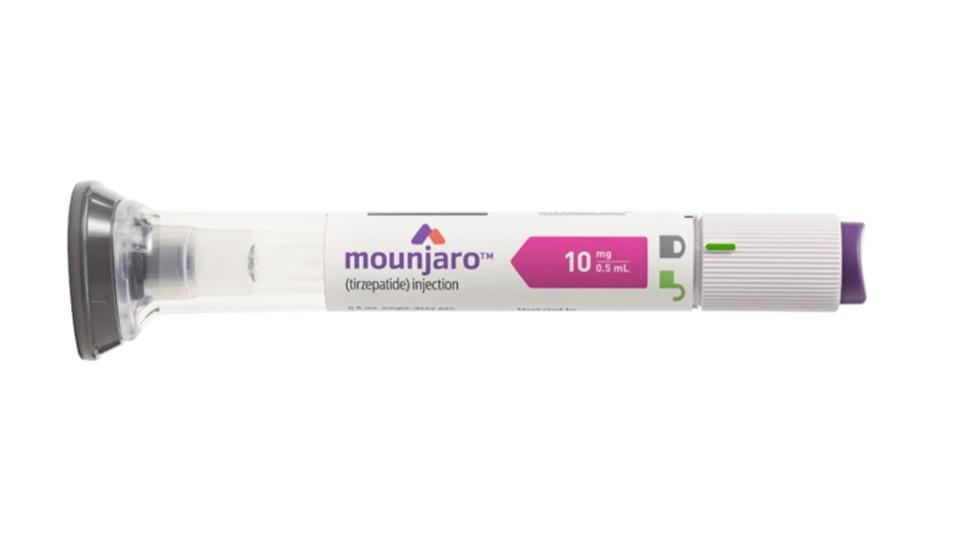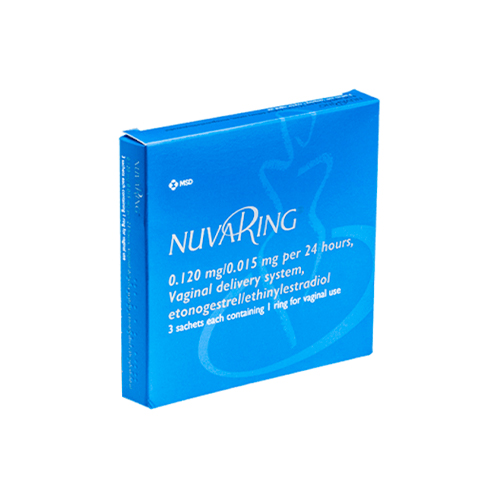No products in the cart.
Clomid 50mg Tablets
₵ 170
-
 Get 10% discount on your next order. Order now to qualify.
Get 10% discount on your next order. Order now to qualify.
-
 Get 20% cashback on apple app store. Use code P056
Get 20% cashback on apple app store. Use code P056
DELIVERY & RETURNS
Free shipping offer on Pilldoctor and get exclusive offers.
Location
-

Door Delivery Fastest delivery to the door for only 2 days. Don't miss exclusive offer.
-

Pickup Station Fastest delivery to the door for only 2 days. Don't miss exclusive offer.
-

Return Policy Fastest delivery to the door for only 2 days. Don't miss exclusive offer.
Description
Clomid (clomiphene) is a non-steroidal fertility medicine. It causes the pituitary gland to release hormones needed to stimulate ovulation (the release of an egg from the ovary).
Clomid is used to cause ovulation in women with certain medical conditions (such as polycystic ovary syndrome) that prevent naturally occurring ovulation.
Clomid may also be used for purposes not listed in this medication guide.
Important information
Do not use Clomid if you are already pregnant.
You should not use Clomid if you have: liver disease, abnormal vaginal bleeding, an uncontrolled adrenal gland or thyroid disorder, an ovarian cyst (unrelated to polycystic ovary syndrome), or if you are pregnant.
Before taking this medicine
You should not use Clomid if you are allergic to clomiphene, or if you have:
- abnormal vaginal bleeding;
- an ovarian cyst that is not related to polycystic ovary syndrome;
- past or present liver disease;
- a tumor of your pituitary gland;
- an untreated or uncontrolled problem with your thyroid or adrenal gland; or
- if you are pregnant.
To make sure Clomid is safe for you, tell your doctor if you have:
- endometriosis or uterine fibroids.
Do not use Clomid if you are already pregnant. Talk to your doctor if you have concerns about the possible effects of Clomid on a new pregnancy.
Clomiphene can pass into breast milk and may harm a nursing baby. This medication may slow breast milk production in some women. Tell your doctor if you are breast-feeding a baby.
Using Clomid for longer than 3 treatment cycles may increase your risk of developing an ovarian tumor. Ask your doctor about your specific risk.
Fertility treatment may increase your chance of having multiple births (twins, triplets). These are high-risk pregnancies both for the mother and the babies. Talk to your doctor if you have concerns about this risk
How should I take Clomid?
Use Clomid exactly as directed by your doctor. Follow all directions on your prescription label. Your doctor may occasionally change your dose to make sure you get the best results. Do not take this medicine in larger or smaller amounts or for longer than recommended.
Your doctor will perform medical tests to make sure you do not have conditions that would prevent you from safely using Clomid.
Clomid is usually taken for 5 days, starting on the 5th day of your menstrual period. Follow your doctor’s instructions.
You will need to have a pelvic examination before each treatment cycle. You must remain under the care of a doctor while you are using Clomid.
You will most likely ovulate within 5 to 10 days after you take Clomid. To improve your chance of becoming pregnant, you should have sexual intercourse while you are ovulating.
Your doctor may have you take your temperature each morning and record your daily readings on a chart. This will help you determine when you can expect ovulation to occur.
In most cases, Clomid should not be used for more than 3 treatment cycles.
If ovulation occurs but you do not get pregnant after 3 treatment cycles, your doctor may stop treatment and evaluate your infertility further.
Store at room temperature away from moisture, heat, and light.
What happens if I miss a dose?
Call your doctor or our pharmacist for instructions if you miss a dose of Clomid.
What happens if I overdose?
Seek emergency medical attention or call Pill doctor pharmacy Ghana customer service line at +233267000104.
What should I avoid?
This medication may cause blurred vision. Be careful if you drive or do anything that requires you to be alert and able to see clearly.
Clomid side effects
Get emergency medical help if you have any signs of an allergic reaction to Clomid: hives; difficult breathing; swelling of your face, lips, tongue, or throat.
Some women using this medicine develop a condition called ovarian hyperstimulation syndrome (OHSS), especially after the first treatment. OHSS can be a life threatening condition. Call your doctor right away if you have any of the following symptoms of OHSS:
- stomach pain, bloating;
- nausea, vomiting, diarrhea;
- rapid weight gain, especially in your face and midsection;
- little or no urinating; or
- pain when you breathe, rapid heart rate, feeling short of breath (especially when lying down).
Stop using Clomid and call your doctor at once if you have:
- pelvic pain or pressure, enlargement in your pelvic area;
- vision problems;
- seeing flashes of light or “floaters” in your vision;
- increased sensitivity of your eyes to light; or
- heavy vaginal bleeding.
Common Clomid side effects may include:
- flushing (warmth, redness, or tingly feeling);
- breast pain or tenderness;
- headache; or
- breakthrough bleeding or spotting.
This is not a complete list of side effects and others may occur. Call your doctor or our pharmacist for medical advice about side effects.
Clomid dosing information
Usual Adult Dose for Ovulation Induction:
50 mg orally once a day for 5 days. Therapy should be initiated on or near the 5th day of the menstrual cycle, but may be started at any time in patients without recent uterine bleeding.
If ovulation occurs and pregnancy is not achieved, up to 2 additional courses of Clomid 50 mg orally once a day for 5 days may be administered. Each subsequent course may be started as early as 30 days after the previous course and after pregnancy has been excluded.
Most patients ovulate following the first course of therapy. However, if the patient fails to ovulate, a second course of 100 mg/day for 5 days may be given as early as 30 days following the initial course. A third course of 100 mg/day for 5 days may be given after 30 days, if necessary.
Treatments beyond three cycles of Clomid, dosages greater than 100 mg once a day, and/or course durations beyond 5 days are not recommended by the manufacturer. However, successful pregnancies and term deliveries have been reported in women receiving up to 200 mg/day for 5 days, or extended 10-day course of therapy, or consecutive cycles of treatment beyond the 3 recommended by the manufacturer.
Usual Adult Dose for Lactation Suppression:
50 to 100 mg orally once a day for 5 days. Generally, one course of therapy is sufficient.
Usual Adult Dose for Oligospermia:
25 to 100 mg orally once a day. Therapy is generally given over a period of several months.
What other drugs will affect Clomid?
Other drugs may interact with clomiphene, including prescription and over-the-counter medicines, vitamins, and herbal products. Tell each of your health care providers about all medicines you use now and any medicine you start or stop using.
Further information
Remember, keep this and all other medicines out of the reach of children, never share your medicines with others, and use Clomid only for the indication prescribed.
Always consult your healthcare provider to ensure the information displayed on this page applies to your personal circumstances.
Product Ratings
Highest Ratings
There are no reviews yet.
Rate

